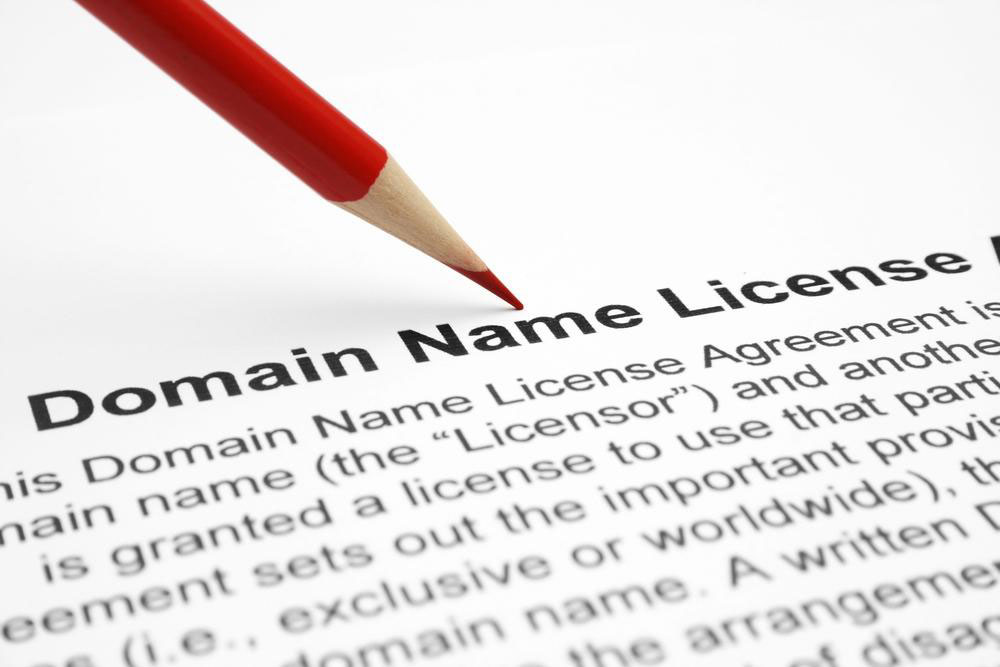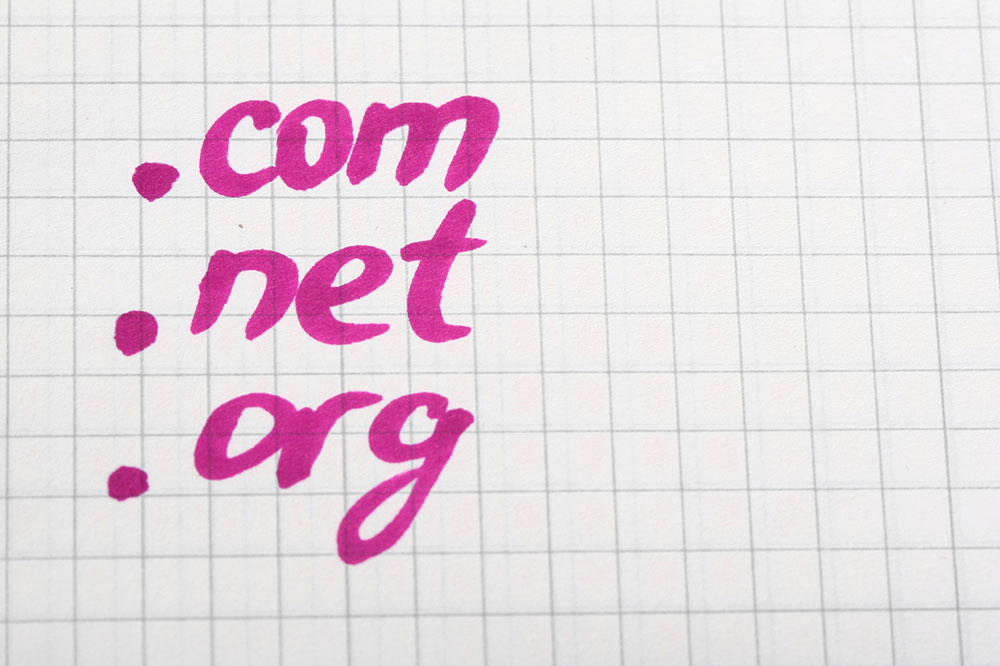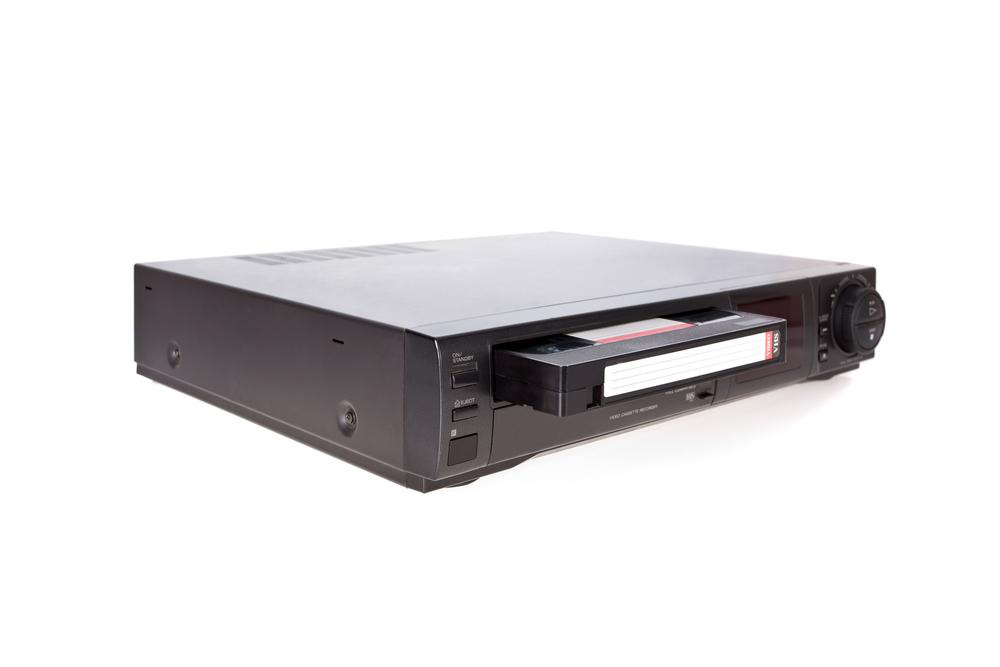Understanding Domain Registrars and How to Choose the Right One
Discover what domain registrars are, their role in securing website addresses, and tips for choosing the best one. Learn about top registrars like NameCheap, BlueHost, and HostGator, and understand important factors such as support, pricing, and transfer policies to help you buy your perfect domain efficiently.

What Are Domain Registrars?
Your online presence begins with a unique domain name. Whether you're starting a blog or launching a website, securing the right domain is essential. Domain registrars are the platforms that facilitate this process.
So, what is a domain registrar?
These are services authorized by ICANN that enable users to buy and register domain names legally. Using memorable domain names makes it easier for visitors to find your website instead of recalling complex IP addresses.
Domain registrars also provide options for various top-level domains like .com, .org, .net, etc. As options are plentiful today, selecting a reliable registrar requires careful consideration.
Tips for choosing the best domain registrar
With numerous registrars available, it's vital to choose one that suits your needs. Consider the following factors:
Customer Support: Opt for a registrar that offers 24/7 support and live chat options, ensuring help is readily available when needed.
Make sure support teams are responsive and helpful. Pricing and Registration Terms: Review pricing thoroughly, look for free trial options if available, and consider easy auto-renewal to prevent accidental expiry. This also allows flexibility to transfer registrars later.
Domain Transfer Policies: Check whether the registrar supports domain transfers, including transfer fees and waiting periods, to maintain control over your domain.
Top Registrars to Consider: Here are some leading options:
NameCheap: Known for affordability, ease of use, SSL, Whois privacy, and free DNS management.
BlueHost: Ideal if you're also seeking hosting services; their robust support is a major draw.
HostGator: Offers low-cost domains starting at $4.99/month and high uptime reliability.
Note:
Our blog covers diverse topics providing helpful information based on research and data. However, this should not replace professional advice or be considered conclusive. The team isn’t responsible for discrepancies or outdated data, and readers should verify offers and policies independently.








